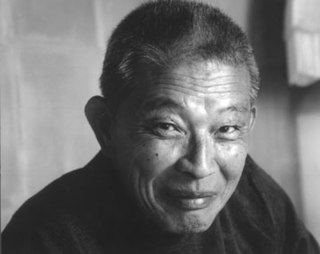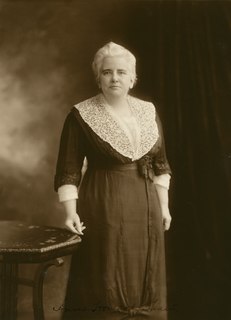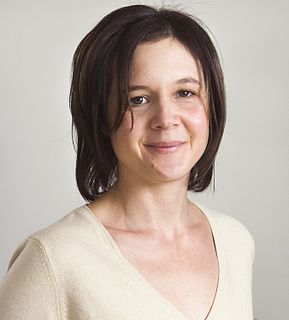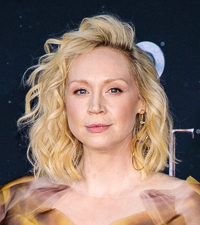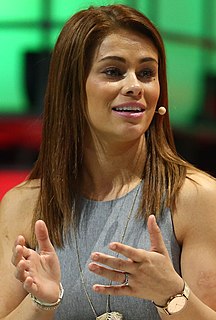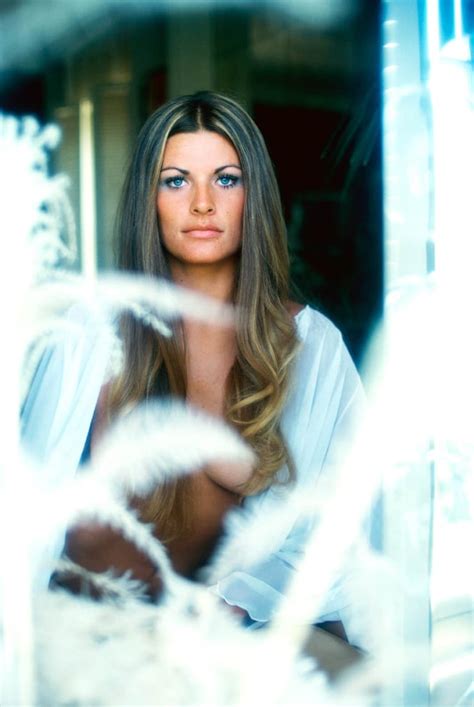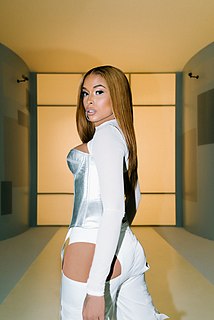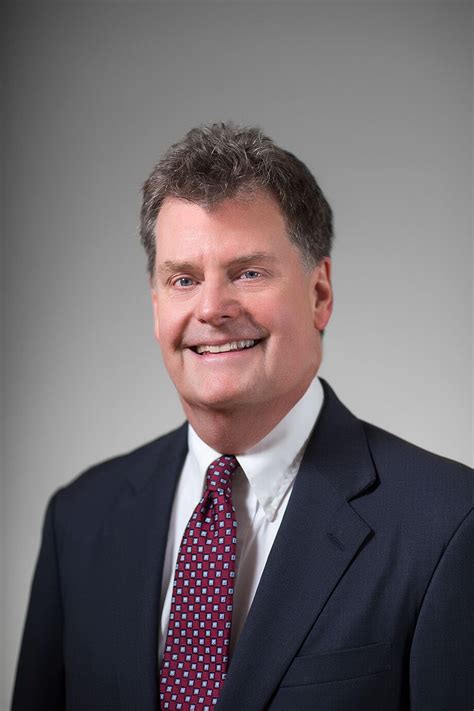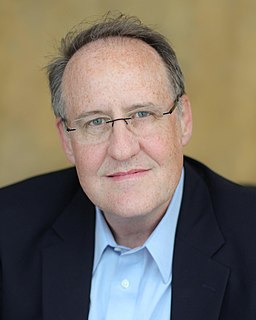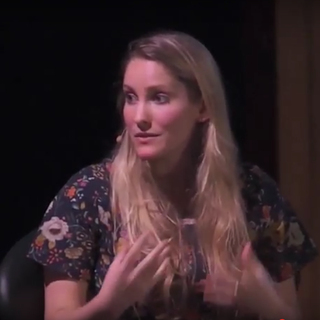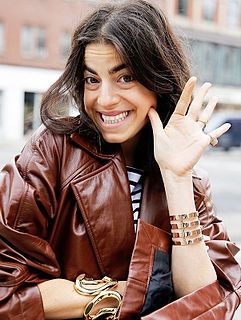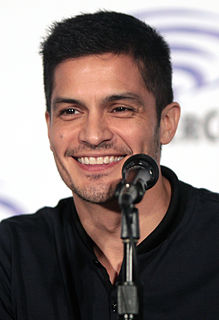Top 1200 Gender Stereotypes Quotes & Sayings
Explore popular Gender Stereotypes quotes.
Last updated on April 14, 2025.
Men have influenced my activism and feminism both positively and negatively. As most gender differences are social, not genetic, we still need to change what we do and what we expect of each other... The potential exists for societies where men and women do not have to conform to unwanted stereotypes.
One of the concepts I was having trouble illustrating was the concept that administrative systems create narrow categories of gender and force people into them in order to get their basic needs met - what I call "administrative violence." I had images of forms with gender boxes and ID cards with gender markers, but I also wanted an image that would capture how basic services like shelters are gender segregated.
When the environment makes gender salient, there is a ripple effect on the mind. We start to think of ourselves in terms of our gender, and stereotypes and social expectations become more prominent in the mind. This can change self-perception, alter interests, debilitate or enhance ability, and trigger unintentional discrimination. In other words, the social context influences who you are, how you think and what you do.
Radical feminist theorists do not seek to make gender a bit more flexible, but to eliminate it. They are gender abolitionists, and understand gender to provide the framework and rationale for male dominance. In the radical feminist approach, masculinity is the behaviour of the male ruling class and femininity is the behaviour of the subordinate class of women. Thus gender can have no place in the egalitarian future that feminism aims to create.
I do a lot with characters' sense of identity. I also like challenging stereotypes, gender roles, things like that. Give me a stereotype or a genre expectation and the first thing I want to do is stand it on its head. In the Nightrunner books I wanted to see if I could create a believable gay hero, one who wasn't someone's sidekick or a victim.
I definitely want to be an inspiration or a role model for all the little girls out there or anyone out there that wants to break stereotypes. I feel like I'm breaking stereotypes with what I'm doing. I'm not the typical fighter, and there's a lot of people out there that won't do something just because they don't fit the stereotype.
Is individual gender suffering relieved at the price of role conformity and the perpetuation of role stereotypes on a social level? In changing sex, does the transsexual encourage a sexist society whose continued existence depends upon the perpetuation of these roles and stereotypes? These and similar questions are seldom raised in transsexual therapy at present.
Think of how hard it would be to create a gender-based movement across racial lines as long as one group believes that it has to be strong while seeing the other group as passive and weak. We could also go into the stereotypes of the saucy, mercurial Latina and the docile, easily-dominated Asian woman.
Gender is not something that one is, it is something one does, an act... a "doing" rather than a "being". There is no gender identity behind the expressions of gender; that identity is performatively constituted by the very "expressions" that are said to be its results. If the immutable character of sex is contested, perhaps this construct called 'sex' is as culturally constructed as gender; indeed, perhaps it was always already gender, with the consequence that the distinction between sex and gender turns out to be no distinction at all.
I've been exploring gender performativity in the Gulf since I was a teenager. I'm not a gender anthropologist, but I feel like there's an extreme binary between femininity and masculinity in the Gulf. From a young age, I knew I didn't want to be part of it. Gender is a huge gray area, and the problem with defined roles is that they cover up undefined ones.
What's amazing about this show [Westworld], and what it gives us permission to do, is to be kind of superhuman. Because at the end of the day, [Dolores] she's not a male and she's not a female. She's evolved past that. She's a very highly advanced being, and so I think it's really going to knock down a lot of stereotypes and a lot of gender roles and be a neutral party.
First, you have stereotypes, and that will be the black drug dealer, the east Asian kung fu master, the Middle Eastern terrorist in 'True Lies.' Then you have stuff that takes place on culturally specific terrain, that engages with it, but actually subverts assumptions. 'Smashes' stereotypes. That's where I've come into the game.
Stereotypes are ways of making extremely primitive and simple differentiations. Differentiations of gender, race, class, social status - so ordinary social life is very much built upon a whole repertoire of stereotypes we carry around. And those are immediately laminated onto people, and it isn't just visual.
The problem with labels is that they lead to stereotypes and stereotypes lead to generalizations and generalizations lead to assumptions and assumptions lead back to stereotypes. It’s a vicious cycle, and after you go around and around a bunch of times you end up believing that all vegans only eat cabbage and all gay people love musicals.
I read the books and I really, really wanted to play the part. I started kundalini yoga, kickboxing and running, and completely changed my diet. I felt I wanted to undergo what was necessary for the part. I love a challenge. And I love defying limitation, gender stereotypes and people’s expectations of me as an actress.
I think growing up, the assimilation of most cultural conventions typically encouraged by a heightened awareness of gender and sex encourages a sort of separation of the self. What's so special about 'Hanna' is that her upbringing has negated this indoctrination; she's almost absolved of the pressures of gender or gender itself.









